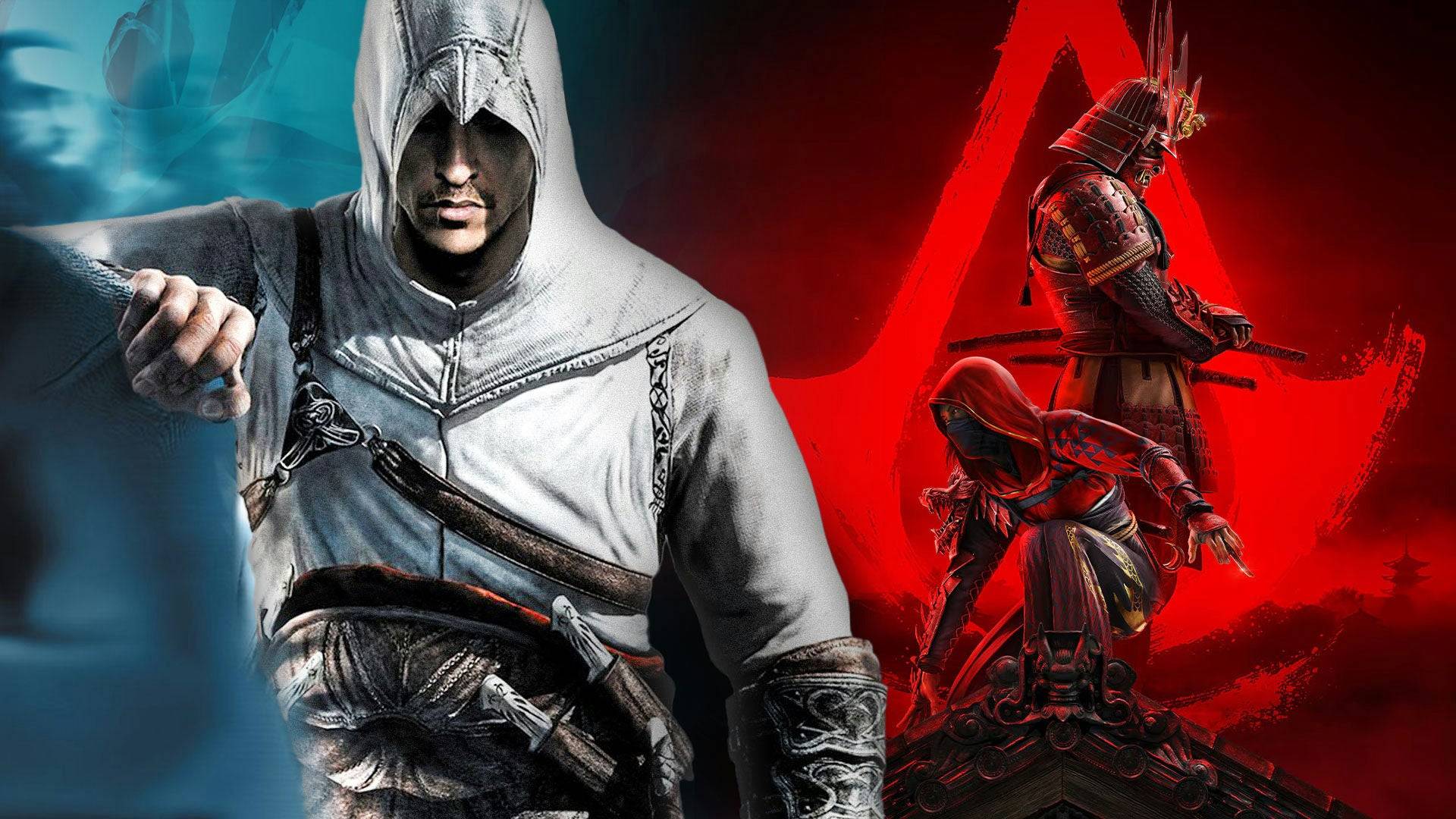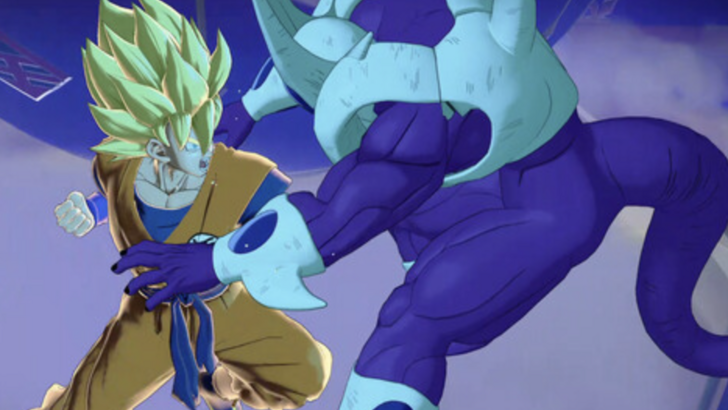Dragon Quest and Metaphor: Silent Protagonists in RPGs
- By Chloe
- Jan 24,2025
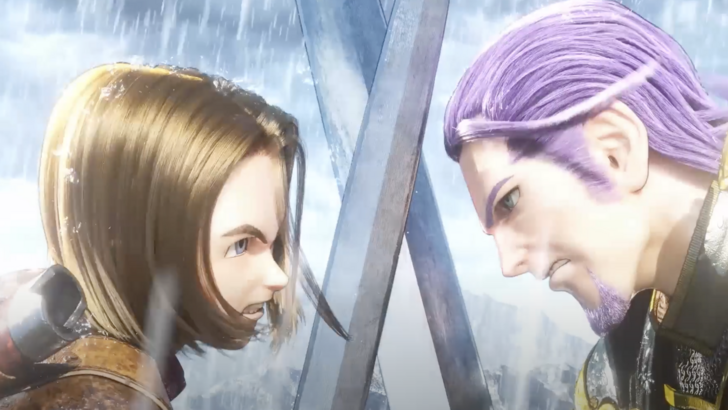
The Evolving Role of the Silent Protagonist in Modern RPGs: A Conversation Between Dragon Quest and Metaphor: ReFantazio Creators
Veteran RPG developers Yuji Horii (Dragon Quest) and Katsura Hashino (Metaphor: ReFantazio) recently discussed the challenges of utilizing silent protagonists in today's advanced gaming environment. Their conversation, excerpted from the "Metaphor: ReFantazio Atlas Brand 35th Anniversary Edition" booklet, explores the evolving landscape of RPG storytelling and the impact of increasingly realistic graphics.
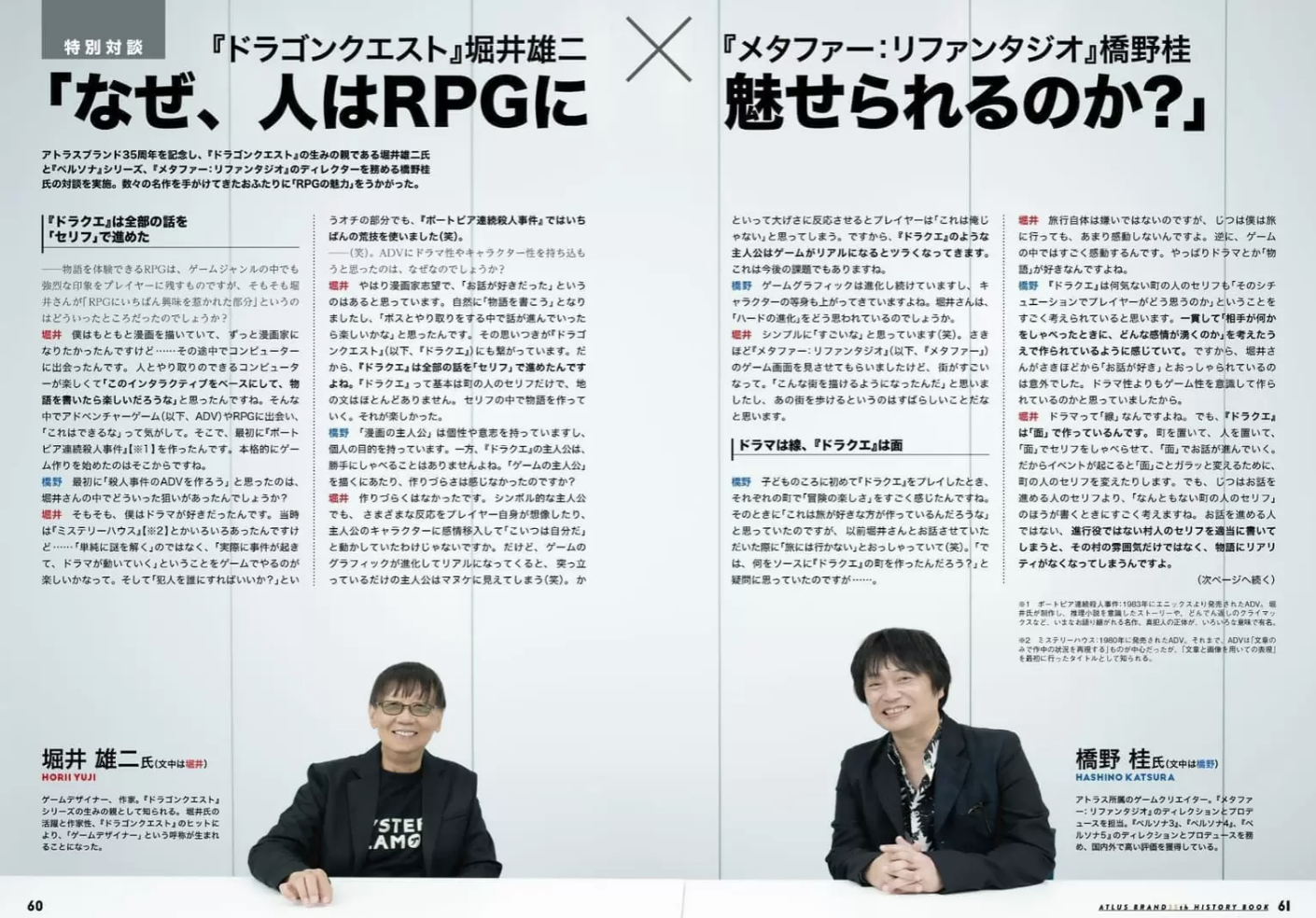
Horii, creator of the iconic Dragon Quest series, explained the series' reliance on the "symbolic protagonist"—a silent character allowing players to project their own feelings into the game. This approach worked well with the simpler graphics of earlier games, where limited animations didn't highlight the lack of character expression. However, Horii jokingly admitted, "As game graphics evolve and grow increasingly realistic, if you make a protagonist who just stands there, they will look like an idiot."
Horii, whose background includes aspirations to be a manga artist, emphasized Dragon Quest's narrative structure, built primarily through dialogue with NPCs and boss interactions, rather than extensive narration. This dialogue-driven storytelling, he stated, is a core element of the game's appeal.
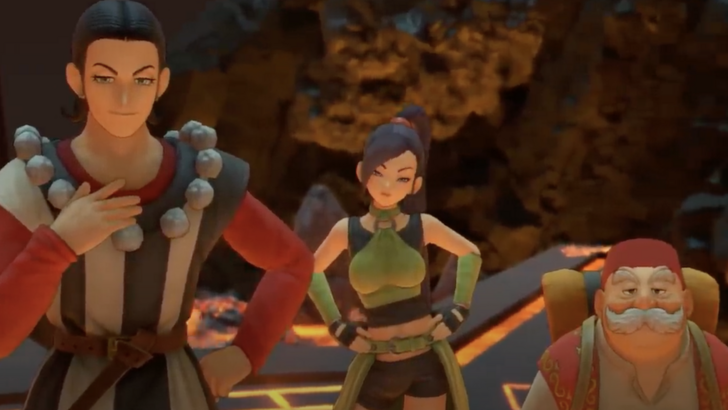
The minimalist graphics of the NES era allowed players to easily fill in the emotional gaps left by the silent protagonist. But with today's advanced visuals and audio, Horii acknowledged the increasing difficulty in maintaining this approach, concluding, "That’s why, the type of protagonist featured in Dragon Quest becomes increasingly difficult to depict as games become more realistic. This will be a challenge in the future too."
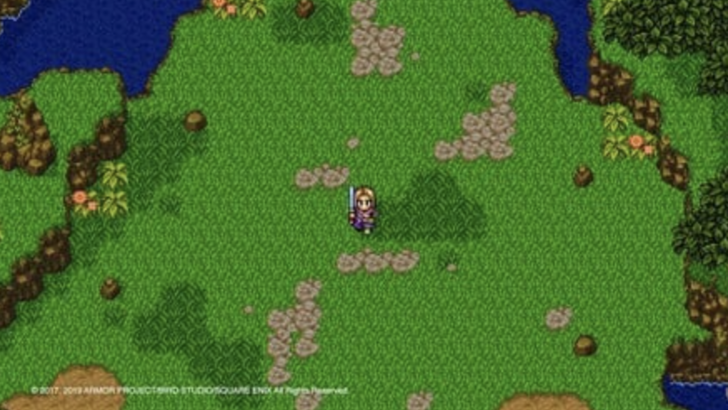
In contrast to Dragon Quest's continued use of a silent protagonist (aside from occasional sound effects), many modern RPGs, including Atlus' Persona series, feature fully voiced protagonists. Hashino's upcoming Metaphor: ReFantazio will also feature a fully voiced protagonist.

Despite the challenges, Hashino praised Horii's approach, highlighting Dragon Quest's focus on the player's emotional experience. He stated, "I think Dragon Quest puts a lot of thought into how the player will feel in a given situation... I feel like the games are consistently created with the player in mind, thinking about what emotions will arise when someone says something." This conversation underscores the ongoing evolution of RPG design and the enduring debate surrounding the role of the protagonist in shaping the player's experience.
Latest News
more >-

- Fist CCG Duel Best Heroes in 2025
- Dec 21,2025
-
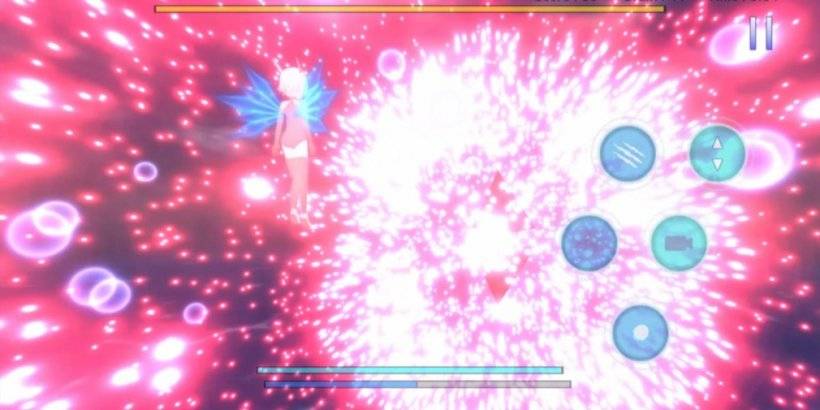
-
-

-
